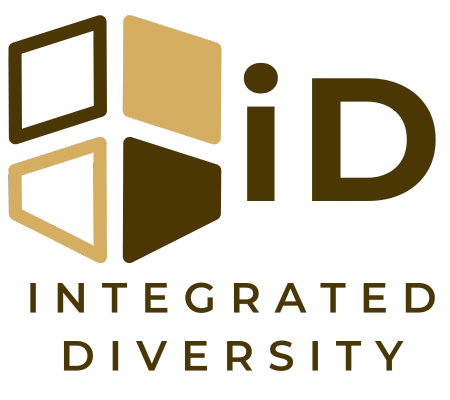ASB Unplugged 2024 - Norm Jones - Diversity as Ecology
The Ecology of Diversity: Leadership for an Inclusive Future
In a world that feels increasingly interconnected and complex, understanding how we can create inclusive, sustainable environments has never been more vital. Dr. Norm Jones, an expert in diversity, equity, inclusion, and justice (DEIJ), brings a unique perspective to this work. Drawing on his experiences as a leader and educator, Dr. Jones shares a compelling metaphor that guides his approach to diversity: the concept of ecology.
Diversity as Ecology
Ecology, a branch of biology, explores how organisms interact with their environment and with one another. As Dr. Jones puts it, organisms not only adapt to their environments but also shape them—a reciprocal relationship that defines growth. This insight led him to see diversity work not merely as changing people to fit into existing environments, but as creating environments that actively support diverse inhabitants.
In many organizations, environments often remain stagnant even as their communities evolve. This presents an opportunity—and a responsibility—for leaders to design environments that are inclusive and adaptable. As Dr. Jones argues, "We get a say in what work looks like and feels like because we are the workers." Diversity should not be a passive ideal; it must be lived, reshaped, and nourished.
The Role of Leaders: Becoming Resident Ecologists
Dr. Jones emphasizes that every leader, educator, and team member has a role in shaping the environment around them. In practical terms, that means we must go beyond our individual actions and consider the larger ecosystem we influence. Whether you're leading a team, shaping a classroom, or navigating organizational rules, understanding how the "inhabitants" of your environment interact can help you create conditions that allow everyone to flourish.
But this requires thoughtful observation—something akin to the work of an ethnographer. Leaders must be able to look and listen, not just literally but also figuratively, to understand what is happening beneath the surface of their communities. An organization's success depends on the health of its teams, and teams, in turn, are shaped by the ecosystems they create. These environments can be formal or informal, visible or invisible, but they all contribute to the culture that emerges.
Hardwiring Diversity into Leadership
One of the challenges that organizations face is treating diversity as a box to check or a one-time initiative. Instead, Dr. Jones advocates for "hardwiring" diversity into the DNA of leadership. That means ensuring that diversity, equity, and inclusion are not just personal values but strategic imperatives. It also means empowering leaders at every level to shape and sustain environments that are inclusive and equitable.
"Who are the leaders? What is the budget? What is the strategy?" Dr. Jones poses these essential questions to highlight the need for a strategic approach. Diversity leadership isn't about one person's commitment; it's about embedding these values into every level of the organization so that they endure beyond any individual leader.
The Courage to Innovate: Tomorrow's DEI
Ultimately, Dr. Jones encourages us to think beyond compositional diversity—beyond simply gathering diverse individuals—and to focus on what it means to build inclusive, sustainable environments. He challenges us to embrace leadership as a shared endeavor and to innovate boldly.
The future of DEI lies in fostering environments where everyone has the opportunity to lead in their own way. It means not shying away from experimentation, mixing teams across functions, and allowing cross-sectional collaboration to flourish. Dr. Jones concludes that the boldness to innovate and the willingness to think ecologically about our environments will define the future of diversity work.
Final Thoughts: Becoming Resident Ecologists
The call to action for leaders, educators, and organizations is clear: be a resident ecologist. Be someone who actively shapes, nurtures, and transforms environments for the better. By understanding our ecosystems, taking ownership of them, and innovating for inclusivity, we can create spaces where everyone—regardless of background—can thrive.
This is the promise of tomorrow's DEI work, and it starts with each of us, today.
